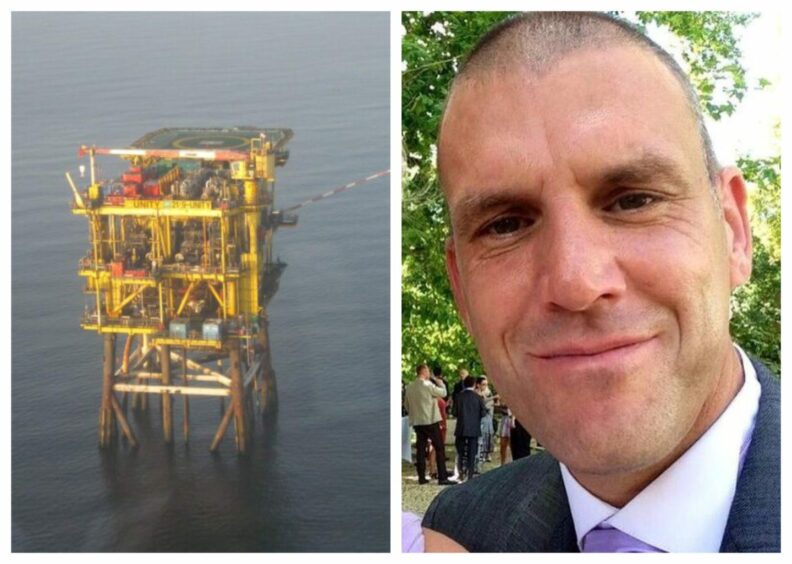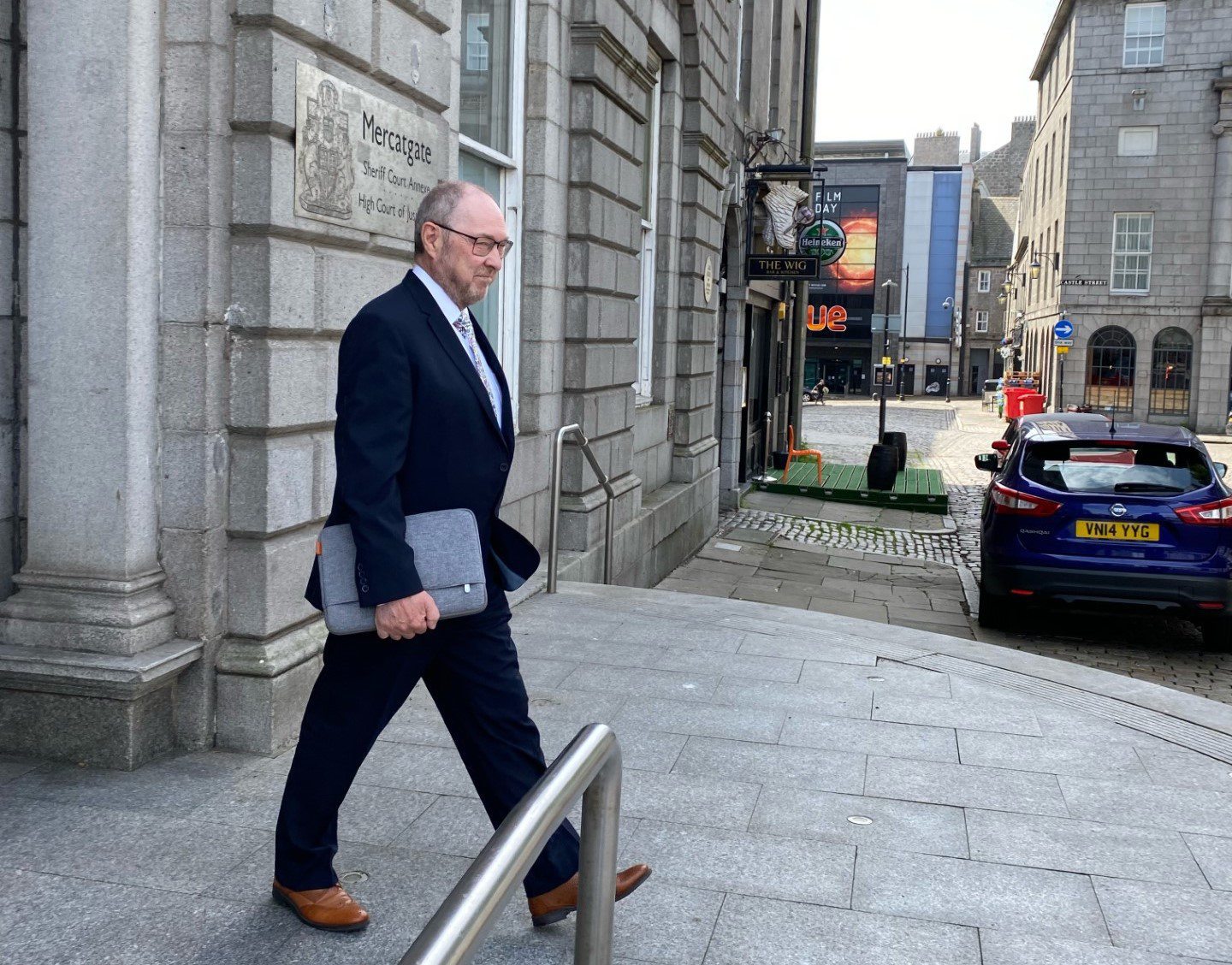
A man who fell through an open hole on the deck of a BP (LON: BP) platform had “excellent” work ethic and had offered to tidy up to keep busy just minutes before he died, a trial has heard.
Sean Anderson was contracted to work on BP’s Unity rig, and had been employed by Cape Industrial Services.
Normally the Unity rig was unmanned, but for the six months leading up to the accident on September 4, 2014 – workers were accommodated on a vessel alongside the Unity in order to increase productivity while essential maintenance was being carried out.
The court heard this was called the Walk to Work campaign as the platform was reached by gangway rather than the workers being helicoptered in each day – doubling productivity and work time.
Les Jappy was the Offshore Installation Manager (OIM) in charge of the platform at night and described Mr Anderson as being “very keen” adding: “He would always go a bit further to get the job done.”
He told the court how bad weather had meant the crew had not been working since midnight, and that Sean came to him at 3.30am to ask if there was anything they could be doing.
“The guys were fed up,” said Mr Jappy. “It was a miserable, wet evening. I said they could go out and clean up the lower deck area – taking the guys out in pairs.”
The court heard how he was then shortly alerted to there being a man overboard and recalled Sean’s colleague Tony Omar “bursting” into his office. “I couldn’t comprehend what had happened. Tony’s message wasn’t clear – he was in a very upset condition.”
The 43-year-old multi-skilled scaffolder fell about 72ft (22m) through an open hole on the rig’s deck into the water below at around 4am, suffering fatal head injuries.
Fiscal Kelly asked Mr Jappy, who still manages the Unity platform, if procedures had changed on the since the accident and he said now any areas with open gratings would be covered over.
Mr Jappy confirmed to the court that prior to the Walk to Work campaign, any open gratings on the Unity would have been covered over by boards, adding that it would have taken 30 minutes to do so.
Mr Jappy was shown a handover note written by himself to the day shift OIM after the previous night’s shift. In it he asks his counterpart, Gareth Smith, to enquire about “under deck netting” having been pulled out “beside Scott” and suggested he “ask Duncan if he recalls what that is open for as it’s been like that for ages”.
When questioned about the note by Fiscal Kristina Kelly, Mr Jappy said he “didn’t recall” what it meant.
Defence counsel KC Murdo Macleod later asked Mr Jappy if the handover note had ever been shown to him before or during the interviews he had given to the Health and Safety Executive in the eight years since the accident happened, he replied: “No, never.”
When asked if the note had referred to the area of open grating next to the Scott Riser, Mr Jappy told the court that it could have been a “completely different area” on another level of the platform.
The court was told the conditions that night had been foggy and dark and Mr Anderson had not been found wearing a life jacket, harness or survival suit.
Fiscal depute Kristina Kelly told the jury that Mr Anderson had been working night shifts during his stint on the Unity and had been part of a maintenance team contracted by Cape Industrial services who were carrying out scaffolding and rope access work.
A post mortem later showed the cause of death was serious injuries to his head and chest sustained as a result of a “descent into the sea” from the oil installation. It was recorded that he had suffered very severe and “predictably immediately” fatal head injuries, with extensive fracturing of the skull
Toxicology results showed no signs of alcohol, drugs or gas poisoning – and no signs of natural diseases that would have resulted in his death.
Defence counsel Murdo Macleod KC said BP denies being in breach of the Health and Safety at Work Act.
The trial which is being heard by Sheriff Graham Buchanan, continues.
 © Supplied by Joanne Warnock
© Supplied by Joanne Warnock